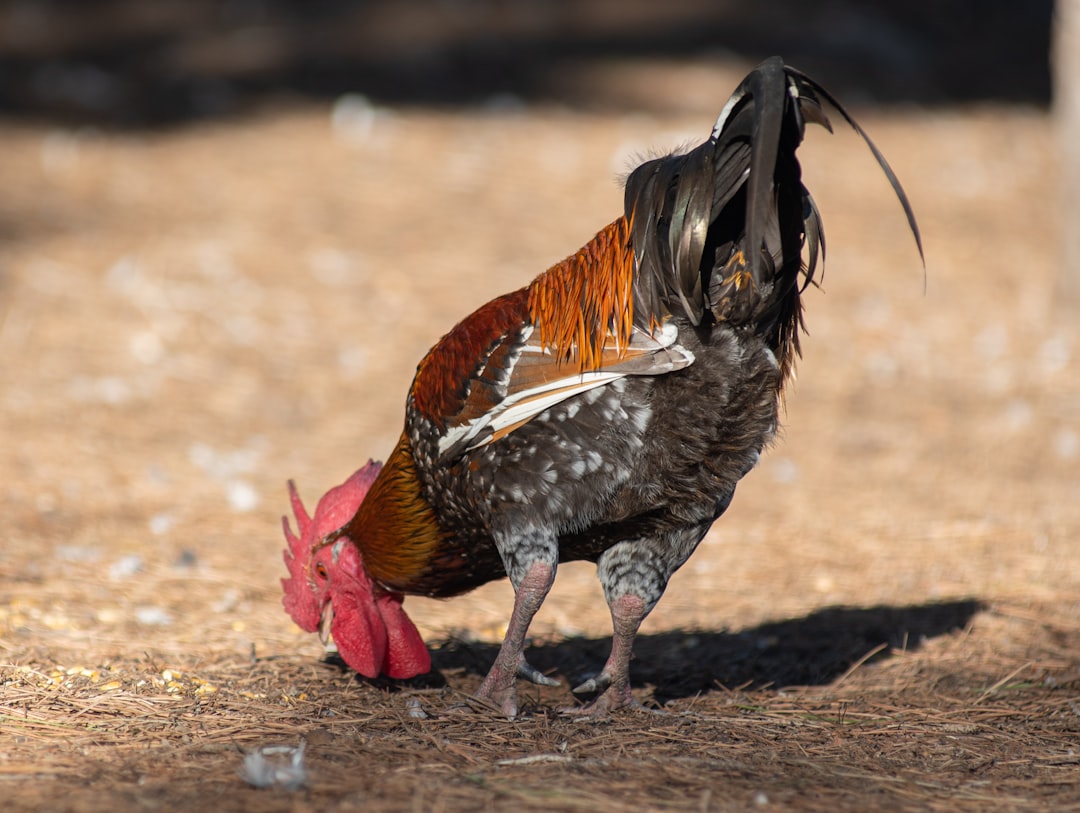Poultry farming is a complex industry that involves balancing economic viability with ethical considerations, particularly regarding animal welfare and environmental sustainability. Different farming systems, such as conventional, organic, and free-range, each present unique ethical challenges and opportunities. Here’s a comprehensive overview of the ethical considerations associated with various poultry farming systems.
1. Conventional Poultry Farming Systems
Conventional poultry farming often involves intensive production methods, where birds are kept in large numbers with limited space. This system raises ethical concerns due to potential welfare issues such as stress, injury, and disease transmission. However, it is also the most cost-effective method, making poultry products more affordable for consumers.
-
Ethical Concerns: High stocking densities can lead to stress and health problems among birds. The use of antibiotics for growth promotion is another ethical issue, as it contributes to antibiotic resistance.
-
Solutions: Implementing better ventilation systems and reducing stocking densities can improve welfare. Phasing out non-therapeutic antibiotic use in favor of probiotics and vaccinations is also crucial.
2. Organic and Free-Range Systems
Organic and free-range systems prioritize animal welfare by providing more space and access to the outdoors. These systems are seen as more ethical due to improved living conditions and reduced reliance on antibiotics.
-
Ethical Benefits: Organic and free-range systems promote natural behaviors, reduce stress, and enhance overall bird welfare. They also align with consumer preferences for more humane and sustainable food production.
-
Challenges: Higher production costs and limited availability compared to conventional products can make these options less accessible to some consumers.
3. Animal Welfare Considerations
Animal welfare is a central ethical consideration in poultry farming. Key principles include providing adequate space, proper nutrition, and minimizing stress.
-
Five Freedoms: The Farm Animal Welfare Council’s five freedoms—freedom from hunger and thirst, discomfort, pain, injury or disease, fear and distress, and freedom to express normal behavior—are foundational ethical guidelines for animal care.
-
Enrichment Activities: Providing enrichment activities like perches and foraging materials can enhance bird welfare by promoting natural behaviors.
4. Environmental Sustainability
Environmental sustainability is another critical ethical aspect of poultry farming. Practices that minimize pollution, conserve water and energy, and enhance biodiversity are essential.
-
Sustainable Feed Sources: Using locally sourced and sustainable feed ingredients can reduce the environmental impact of poultry production. This includes utilizing alternative feed sources like insect protein and algae.
-
Waste Management: Implementing effective waste management strategies, such as composting and biogas production, helps reduce pollution and promote a circular economy.
5. Consumer Awareness and Transparency
Consumer awareness and transparency play significant roles in driving ethical changes in poultry farming. Consumers increasingly demand products that are produced under higher welfare standards, which can influence industry practices.
-
Labeling Standards: Labels like "free-range" and "antibiotic-free" provide consumers with information about production methods, allowing them to make informed choices.
-
Misinformation and Transparency: Ensuring accurate labeling and traceability is crucial to prevent misleading marketing and maintain consumer trust.
Conclusion
The ethical considerations of poultry farming systems are multifaceted, involving animal welfare, environmental sustainability, and consumer awareness. By understanding these ethical dimensions, producers can adopt more sustainable and humane practices, aligning with societal values and consumer preferences. As the industry continues to evolve, prioritizing ethical considerations will be essential for maintaining public trust and ensuring a sustainable future for poultry production.
Citations:
- https://www.reportlinker.com/article/7339
- https://www.frontiersin.org/journals/genetics/articles/10.3389/fgene.2014.00407/full
- https://www.digicomply.com/blog/sustainable-poultry-production-advancing-ethical-and-efficient-practices
- https://www.medrxiv.org/content/10.1101/2024.10.15.24315541v1.full-text
- https://avinews.com/en/ethical-challenges-in-the-broiler-value-chain/
- https://pmc.ncbi.nlm.nih.gov/articles/PMC7005410/
- https://lohmann-breeders.com/lohmanninfo/ethics-in-the-poultry-industry-answering-moral-questions-of-society/
- https://chickencare101.com/how-do-organic-farming-practices-align-with-ethical-considerations-in-poultry-farming/

Comments
No comments yet. Be the first to comment!
You must be logged in to comment. Login